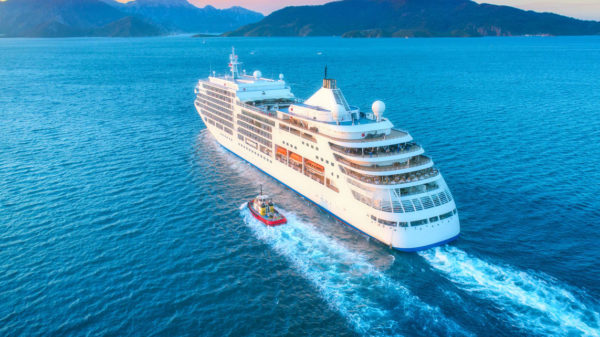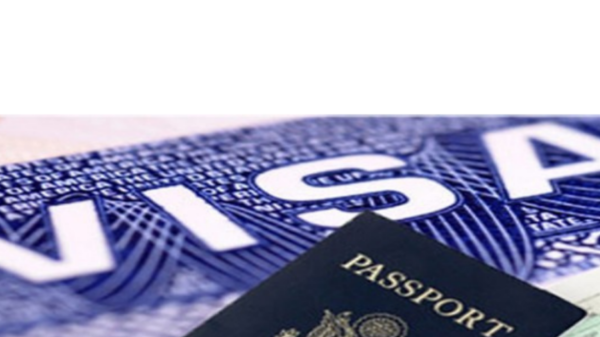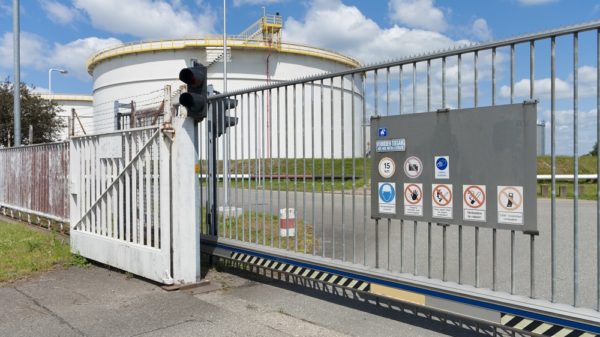Boxes packed with the greatest of care, correctly stacked pallets, perfectly distributed weights – You do everything following all the recommendations. The container closes its doors, and your shipping adventure begins. You can now breathe easily. Wait … can you really relax?
Everyone knows that things can get ugly in the middle of the ocean. That is why many shipping companies stress the importance of safely packing and loading goods. But, considering that nature is unpredictable, a shipment is never completely safe.
However, you don’t have to worry if you have goods in transit insurance. Whether shipping or transporting goods by road, this insurance offers protection to both. Read on to know – some important things about this insurance.
Why Is It Important To Have This Insurance?
Taking all the preventive measures within your reach to keep your cargo safe is highly recommended. But there are factors beyond your control. Two quick examples:
- Unpredictable weather conditions can damage your goods.
- The poor package of other shippers’ goods can affect the safety of yours.
The cargo shipment mishaps are a good reminder that, in shipping, it is always better to be over-cautious than to fall short. And that’s where goods in transit insurance come into the picture.
The Different Types Of Marine Transit Insurance
Marine goods in transit insurance are not much different from life or health insurance. There is a wide variety of insurance for your cargo, and each of them has its own limitations and coverages. Below, we give you an overview of the most common types:
Land Cargo Insurance
As its name suggests, land cargo insurance covers eventualities that may occur while cargo is being transported by land. In other words, it covers what may happen when the cargo is on the boarding truck or other types of specialised vehicles like a crane.
Coverage: Theft, collision damage, and other risks.
Marine Cargo Insurance
Marine transit insurance is a type of goods in transit insurance for cargo transported through seaways. It covers the part of the trip that happens at sea. In contrast to land transport insurance, its application is international.
Coverage: Damage due to loading or unloading the container, bad weather, Piracy, and other risks.
Last But Not Least Point:
Marine cargo insurance can be renewable or permanent. For infrequent shippers, it is best to choose insurance applicable to a single trip. This type of insurance is usually quite inexpensive and can save considerable sums of money. As for frequent shippers, there are insurances with permanent policies that cover a certain period of time, regardless of the number of shipments.
















































